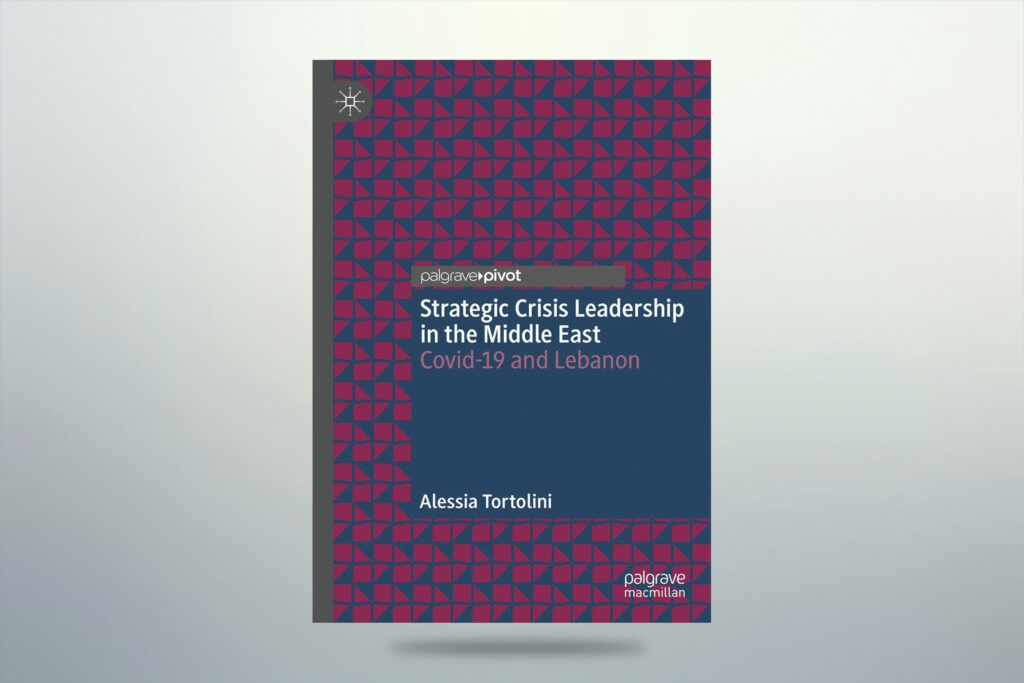Since October 2023, the Gaza war has stirred heated discussions about the dynamics of US-Israel relations. After Hamas’ gruesome terrorist attacks on October 7, the Biden administration was unconditional in its support for the Israeli government. However, as Israel’s relentless bombardment of Gaza — using weapons supplied by the US — gave rise to a humanitarian tragedy in the Palestinian enclave, the White House began questioning the Netanyahu government’s strategy. By the turn of the year, US officials were no longer hiding their frustrations. In March, Chuck Schumer, the Senate Majority Leader and highest-ranking Jewish official in the US government, called for early elections and asserted that Mr Netanyahu had “lost his way”.
At first sight, the tensions between both countries may appear unprecedented, but as Walter Russell Mead’s book, The Arc of Convenant, demonstrates, relations between Israel and the US have always been more complex than they appear. Professor Mead, a columnist for the Wall Street Journal and a professor at Bard College, started researching the origins of the US-Israel relationship to debunk anti-Semitic tropes that Washington supports Israel because of an “all-powerful Jewish lobby”.
While he does not dismiss the influence of AIPAC (the American Israel Public Affairs Committee), which has grown into a major actor in Washington politics since the 1980s, Prof Mead argues that US support for Israel has less to do with Israel per se than with US history and domestic politics.
The book goes back to the 19th century to recount and how American intellectuals looked positively at the development of Zionist ideas and saw the return of Jewish communities persecuted in Europe to their historical homeland as a legitimate enterprise. But the author notes that the US did not immediately embrace the establishment of modern Israel in 1948. President Truman, he writes, went against most of his administration to express US support for the new state. At the time, US diplomats favoured good ties with the Arab world, while the Pentagon assessed that Israel would quickly collapse under attacks by its neighbors. It was only in the 1960s, and more particularly after the 1967 war, that US governments truly looked at Israel as a major ally. Even this was driven less driven by ideals than strategic interest: By that time, Israel was no longer a small, poor country populated by refugees and struggling to exist. It was now a powerhouse that could serve Washington’s agenda in the Middle East.
This balance between ideas and interests has varied over time, but informs understanding of the bilateral alliance more than any theory about the hidden hand of a pro-Israel lobby. Perhaps, the most interesting parts of the book lie in its last chapters, which explain how this balance evolved in recent years. As the demography of American society changed, so did views on Israel. No longer the David facing Arab Goliaths, Israel is now increasingly perceived by young Americans as a dominant power that has been subjugating Palestinians for six decades. The change is more salient inside the Democratic Party, and explains how representatives of the new generation (Alexandria Ocasio-Cortez, Ilhan Omar, and Rashida Tlaib, among them) have been increasingly critical of Israel, even before the current war.
But Mead explains that this shift was exacerbated in the mid-2010s by the dispute between former President Barack Obama and Prime Minister Benjamin Netanyahu. The latter adamantly opposed the US nuclear deal with Iran, and openly challenged the White House by speaking against it before a joint session of Congress (convened by Republicans) in March 2015. The partisan politics surrounding the question of US support to Israel continued under the Trump presidency, and are now likely to escalate amid ongoing tensions between President Joe Biden and Mr Netanyahu in the middle of a US presidential campaign.
This is why, even though the Arc of Covenant was published before the latest war, it offers insights on the inner logic of the US policy towards Israel, allowing readers to better navigate the complexities of the current crisis. Overall, this is a nuanced study of a bilateral partnership that needs to be better understood more than ever.
Image & Book Author: Walter Russel Mead





